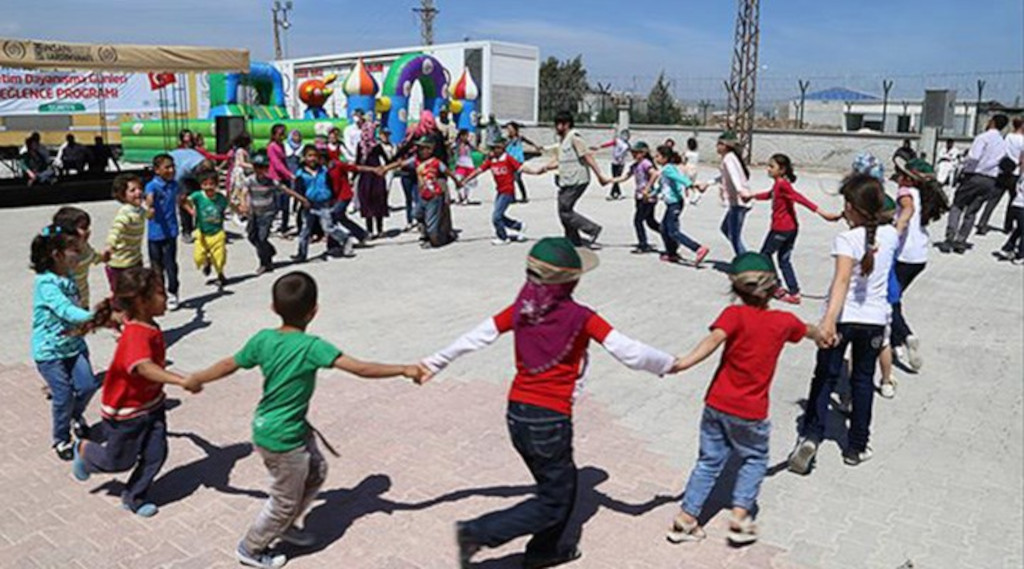The European Union’s auditors were denied data by Ankara on EU funds going towards educating refugees in Turkey, posing accountability questions, the Brussels-based EUobserver news website reported.
A report out Wednesday by the EU’s financial watchdog, the European Court of Auditors (ECA), says Turkey’s ministry of education refused to provide any data on the EU-funded scheme despite repeated requests.
“We are not able to say anything about the impact of the funding provided,” said Bettina Jakobsen, the report’s author.
“Does it help the refugee children in schools? Are they actually receiving the necessary education in schools?” she said.
The saga is part of a much larger 6 billion euro EU deal with Turkey from 2015 that sought to curb migrant arrivals in exchange for political and financial concessions.
Although most is channeled through organizations helping refugees, a large chunk also went directly as grants to Turkey’s education ministry.
Those grants finance projects known as Piktes that seek to integrate Syrian children into the Turkish education system.
According to the European Commission, Piktes was financed to the tune of some 400 million euros up until the end of 2023. Another 300 million euros has been slated to continue the project.
But Jakobsen says they are unable to measure its impact.
“This was due to limitations in the data provided by the Turkish Ministry of National Education,” she said.
“And when you don’t obtain the data, we are not able to conclude on measuring impact or sustainability,” she added.
Turkey’s ministry of education did not respond to emailed queries by EUobserver on why it declined to provide the ECA with the requested data.
Unlike their Turkish counterparts, Syrian children are not by law required to attend schools in Turkey, feeding into a wider debate about integration.
Only around 65 percent are said to be in school in Turkey. It is not immediately clear why the remaining 35 percent are not.
But an on-the-ground EUobserver report from 2018 found some toiling away in sweatshops in Gaziantep, a large Turkish town near the border with Syria. Some were as young as six.
For its part, the European Commission doesn’t see a problem with the lack of transparency.
“The commission considers that the absence of some data is not a major impediment to its close cooperation with the Turkish Ministry of National Education,” it said in comments to ECA queries.
It also noted that 900,000 refugee students have taken part in an EU-funded “Conditional Cash Transfers for Education” program since 2017.

